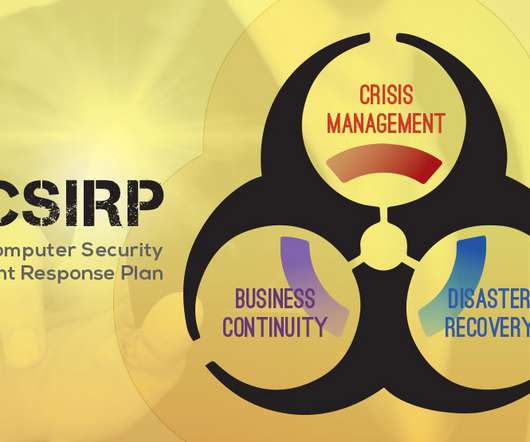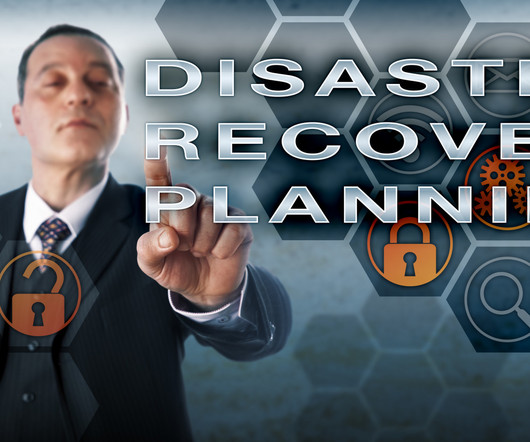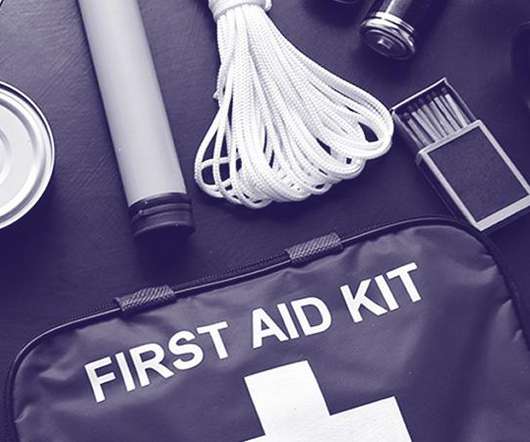Don’t be left in the dark: Here’s how to create a business continuity plan that works
Online Computers
MARCH 10, 2023
A business continuity plan (BCP) is a vital document that outlines the procedures and strategies an organization must follow to be able to continue operating in the event of an emergency or a disaster. These may include natural disasters, cyberattacks, power outages, supply chain disruptions, and more.


















Let's personalize your content